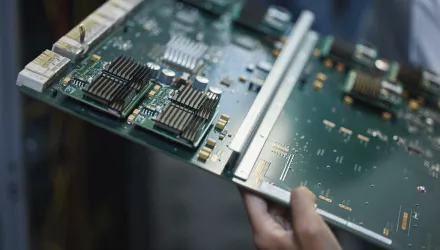Emerging Technologies: Implications and Prospects of Their Proliferation
Speaker: Julie George, Postdoctoral Fellow, International Security Program
Under which conditions do dual-use emerging technologies proliferate in the international system? The speaker investigates the likelihood of proliferation of three emerging technologies: artificial intelligence, robotics, and cyber. She selects these three emerging innovations based on their date of discovery in the 1950s and analyze the paths taken by states and the private sector. The outcome variable, proliferation, includes two stages, specifically possession and the operationality of the emerging technology. It is evaluated based on two hypotheses: 1) whether foreign acquisition or indigenous formation is the modal form of technology acquisition and 2) the degree to which there are international institutions governing these technologies. By analyzing neglected patterns that characterize the proliferation of technologies by states and how they have changed from the 1950s to the present, scholars and policymakers gain a greater sense of the liabilities of the innovations to the international system. Overall, scholarly attention to emerging technologies is increasingly important as these innovations continue to take shape and impact the nature of national and international security.
Open to Harvard ID Holders Only: Admittance will be on a first come–first served basis. Coffee &Tea Provided.




